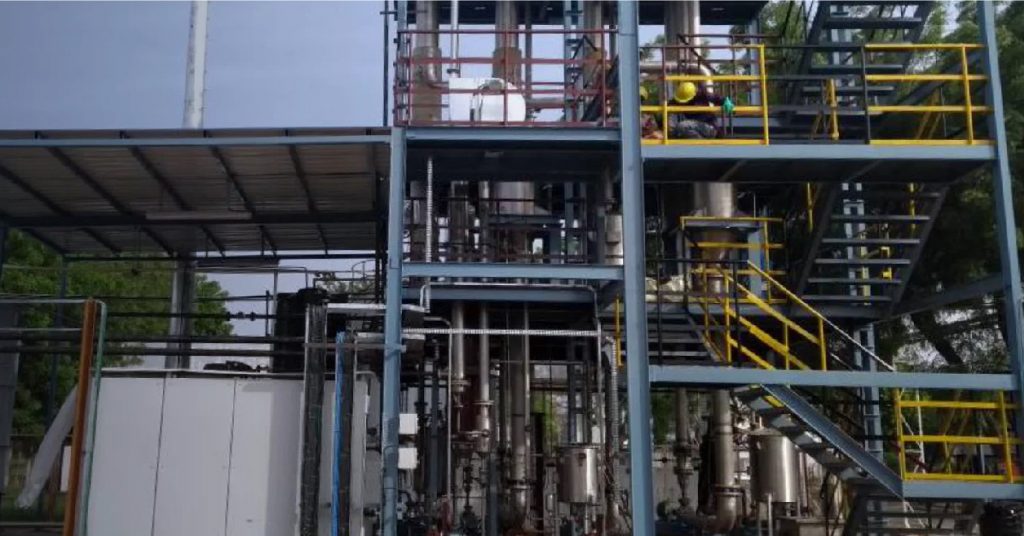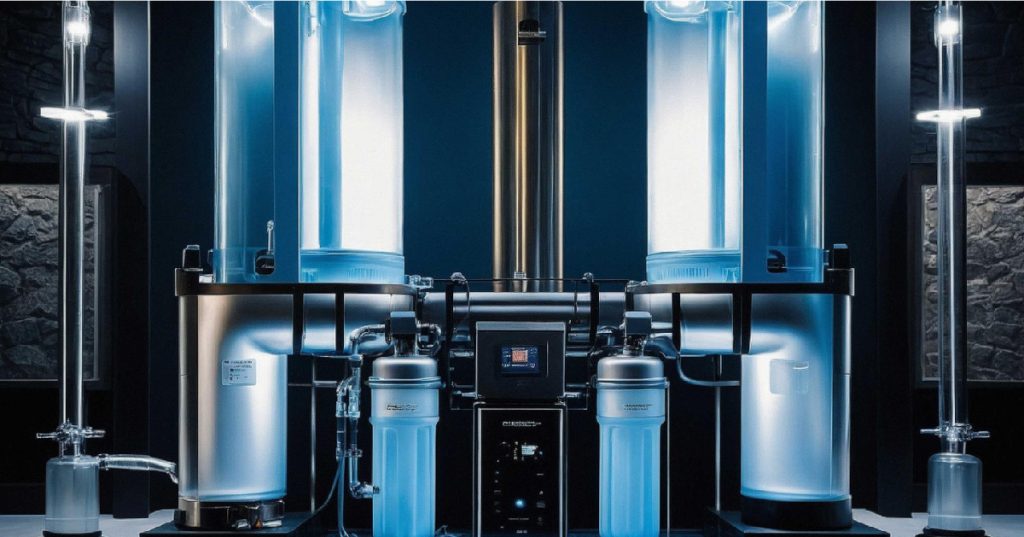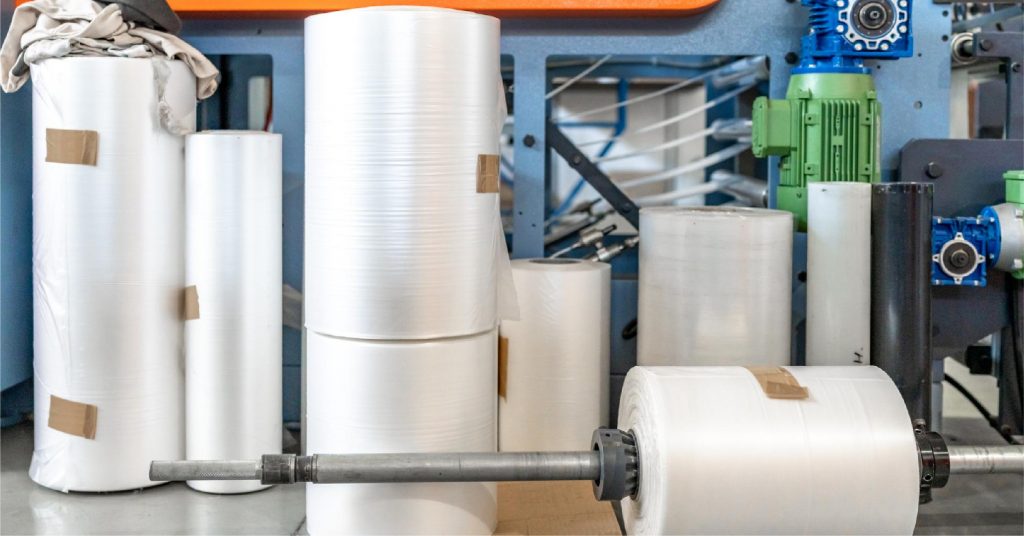In South Africa, water scarcity is a persistent concern, making effective water treatment solutions crucial. One of the most widely used and reliable filtration methods is the sand filter. From municipal water treatment plants to industrial applications, sand filters play a vital role in ensuring clean and safe water. But what makes a sand filter particularly effective for filtration in South Africa? Let’s explore.
Table of Contents
ToggleUnderstanding Sand Filters
A sand filter is a filtration system that uses a bed of sand to remove suspended particles and impurities from water. The sand filter water treatment process involves water passing through layers of graded sand, which traps contaminants and allows only clean water to pass through. This simple yet highly effective mechanism is why sand filters are extensively used in both municipal and industrial water treatment systems.
Types of Sand Filters
- Pressure Sand Filters: These systems use pressurized water to push water through a sand bed. Pressure sand filters are known for their rapid filtration rates and are commonly used in industrial water treatment and reverse osmosis (RO) plants. They effectively remove suspended solids, turbidity, and certain organic contaminants.
- Gravity Sand Filters: In gravity sand filters, water flows naturally through the sand bed due to gravitational force. They are typically used for treating large volumes of water at municipal water treatment plants.
- Rapid Sand Filters: These filters operate at higher flow rates, allowing for quicker filtration processes. They are often used in settings where high water demand requires quick and efficient filtration.
Why Sand Filters are Effective in South Africa?
- Adaptability to Local Water Quality:
- Sand filters are highly adaptable to varying water quality conditions. In South Africa, where water sources may vary in turbidity and suspended solids, sand filters provide a reliable solution for effective filtration.
- Cost-Effective Solution:
- Compared to other filtration methods, sand filters are cost-effective, making them accessible to both small-scale and large-scale water treatment facilities. The relatively low cost of installation and maintenance makes pressure sand filters a preferred choice for industrial applications.
- Environmental Benefits:
- Sand filters use natural materials, reducing the need for synthetic chemicals in the filtration process. Additionally, they require minimal energy, making them an eco-friendly choice for water treatment in South Africa.
- Versatility in Applications:
- Sand filters can be used in various applications, from pre-filtration in RO plants to tertiary treatment in wastewater plants. This versatility makes them a valuable asset in South Africa’s diverse industrial landscape.
Key Applications of Sand Filters in South Africa
- Municipal Water Treatment:
- Sand filters effectively remove suspended solids and reduce turbidity, ensuring clean drinking water for communities.
- Industrial Water Treatment:
- Pressure sand filters are widely used in industries to pre-treat water before it enters RO systems, enhancing the efficiency of RO membranes.
- Agricultural Irrigation Systems:
- Sand filters are essential in irrigation systems, preventing clogging of pipes and ensuring consistent water flow.
Maintenance and Best Practices
- Regular Backwashing: To maintain optimal performance, sand filters require periodic backwashing to flush out accumulated contaminants.
- Sand Replacement: Over time, the sand bed may become clogged or compacted. Replacing the sand periodically ensures continued filtration efficiency.
- Inspection of Pressure Gauges: Monitoring pressure levels helps identify when backwashing or sand replacement is necessary.
Ion Exchange’s Pressure Sand Filter: Reliable Filtration for Clean and Clear Water
The Ion Exchange Pressure Sand Filter is a robust and efficient solution for removing suspended solids from water across industrial and commercial applications. It comprises a pressure vessel—either vertical or horizontal—equipped with frontal pipework and valves, a top distributor for uniform water distribution, and a multi-layered filtration bed consisting of graded sand, pebbles, and silex. The underdrain system ensures effective collection of the filtered water. Designed to meet ASME and IEI Good Engineering Practices, these filters are available in multiple material options such as MS, MSRL, and MSEP, with corresponding pipework in MS or MSRL. The Ion Exchange Pressure Sand Filter is engineered for reliability and long service life, making it an essential component for consistent water clarity and process efficiency.
Conclusion
In South Africa, where water resources are under constant pressure, sand filters provide a practical, cost-effective, and reliable solution for water treatment. Whether used as a primary treatment method or as a pre-filtration step in RO plants, sand filters ensure the delivery of clean and safe water.





